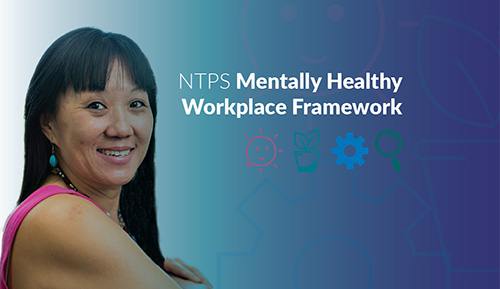What we are doing

News
15 Apr 2024
Training and events eNewsletter
Get the latest information on training and development opportunities in the eNewsletter.

News
1 Sep 2023
New executive development services launched
The Office of the Commissioner for Public Employment (OCPE) has launched its new executive career discovery and coaching services.

News
25 May 2023
Toolkit to promote workplace mental health
An update on the creating a mentally healthy workplace toolkit.
